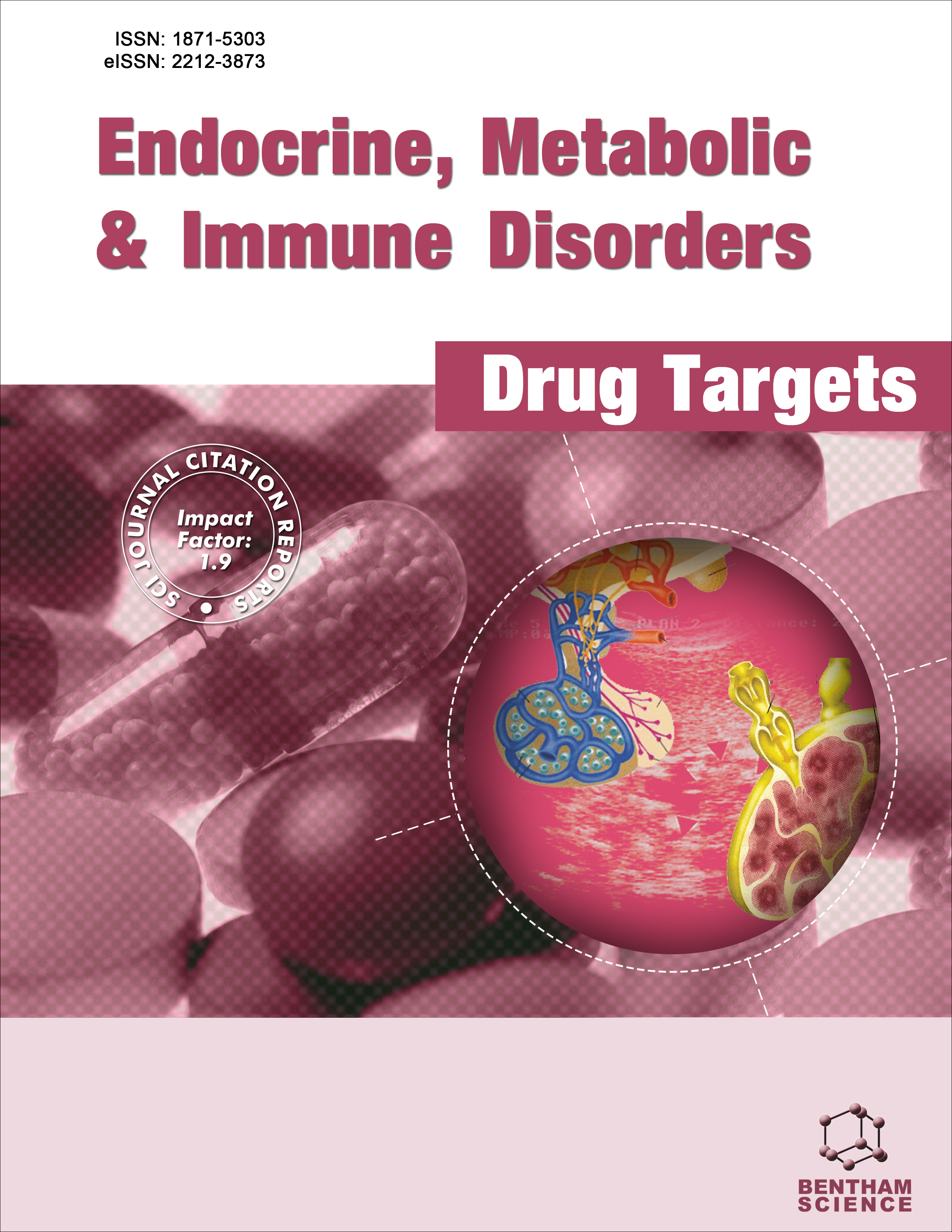-
s Clinical Potential of VIP by Modified Pharmaco-kinetics and Delivery Mechanisms
- Source: Endocrine, Metabolic & Immune Disorders-Drug Targets, Volume 12, Issue 4, Dec 2012, p. 344 - 350
-
- 01 Dec 2012
Abstract
Vasoactive intestinal peptide (VIP) conveys various physiological effects in the digestive tract, nervous and cardiovascular system, airways, reproductive system, endocrine system, and more. A family of specific membrane bound receptors, termed VPAC1, VPAC2, and PAC1, bind VIP and trigger the effects. Many of them are of clinical interest. To date more than two thousand publications suggest the use of VIP in diseases like asthma, erectile dysfunction, blood pressure regulation, inflammation, endocrinology, tumours, etc. Despite this considerable potential, the peptide is not regularly used in clinical settings. A key problem is the short half life of inhaled or systemically administered VIP due to rapid enzymatic degradation. This shortcomings could be overcome with stable derivates or improved pharmacokinetics. A promising strategy is to use biocompatible and degradable depots, to protect the peptide from early degradation and allow for controlled release. This review focuses on aspects of clinical applications of VIP and the idea to use formulations based on biodegradable particles, to constitute a dispersible VIP-depot. Smart particle systems protect the peptide from early degradation, and assist the sustainable cell targeting with VIP for therapeutic or imaging purposes.


